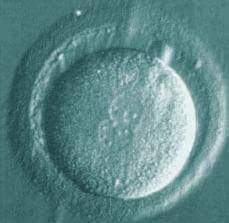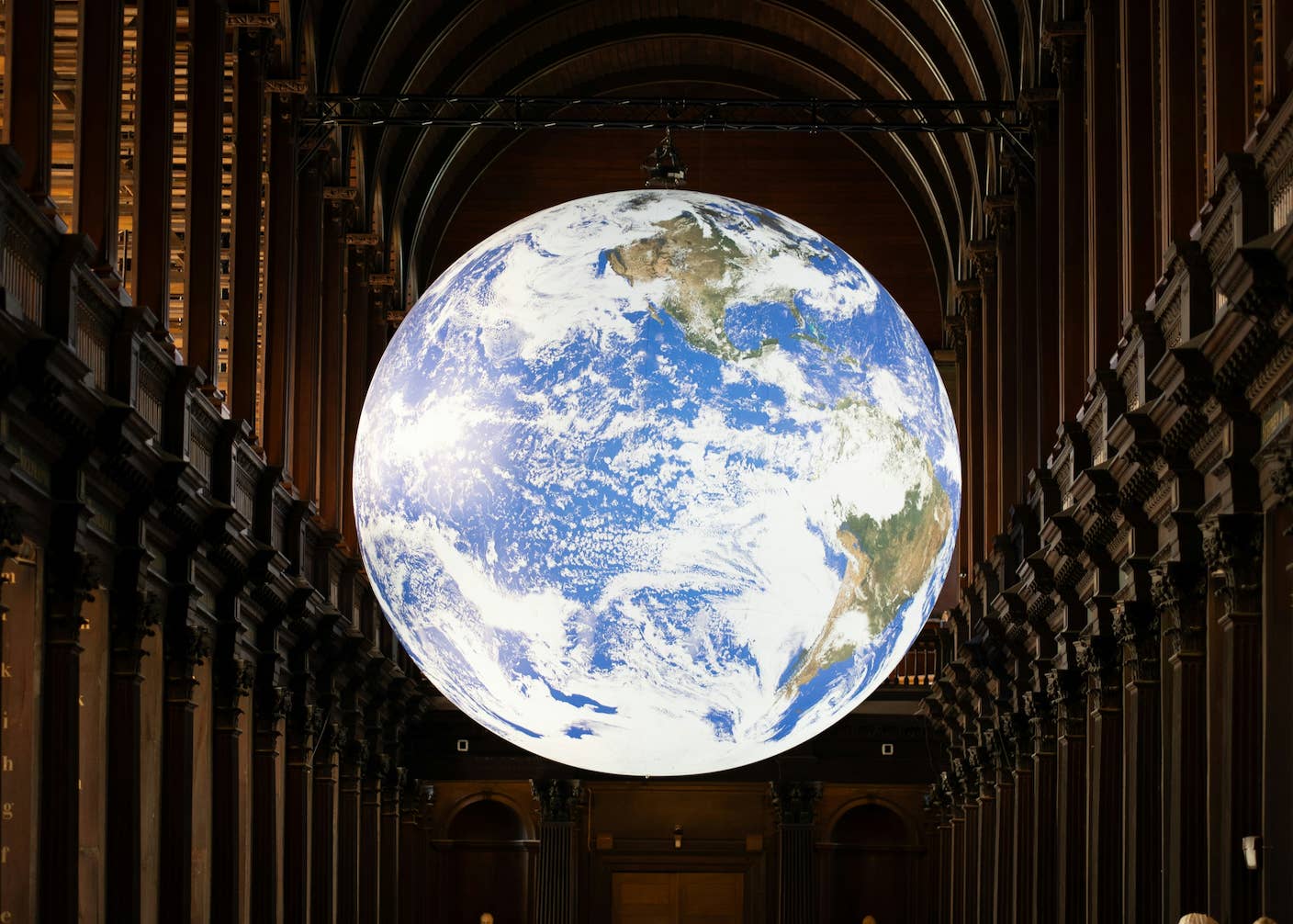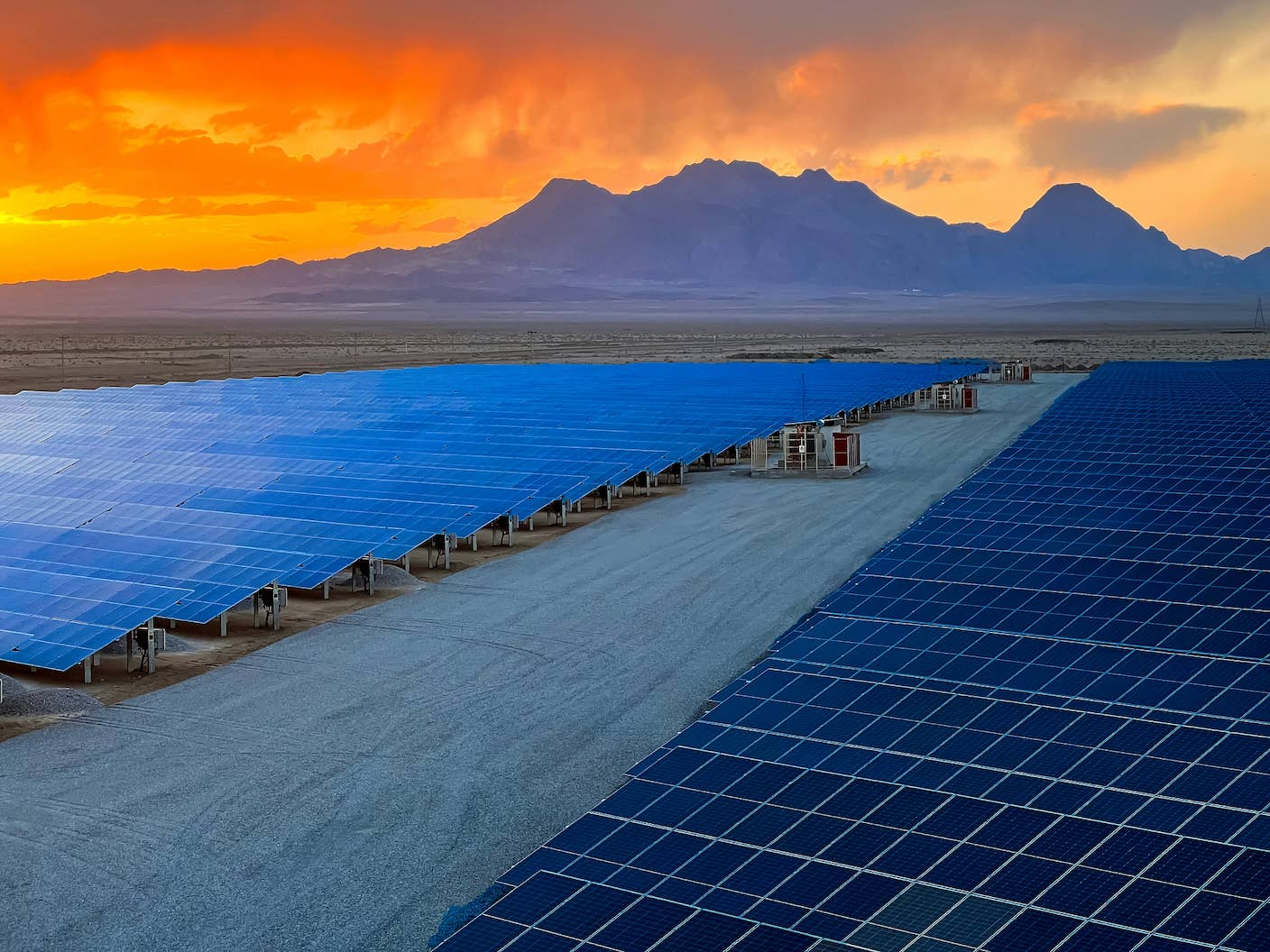Embryo Frozen for 20 Years Is Now a Bouncing Baby Boy

Share

A frozen embryo like this one was created in 1990, but brought to term by a different woman in 2010.
Imagine being born at the age of 20. Doctors at the Jones Institute for Reproductive Medicine in Virginia have made history by implanting a 20 year old frozen embryo and having it successfully brought to term. An unnamed 42 year old woman gave birth to the healthy baby boy in May, and the work was recently discussed in the Journal of Fertility and Sterility. The embryo was donated by a couple that had used in vitro fertilization (IVF) back in 1990. Amazingly, that means the new baby boy has at least one 20 year old sibling out in the world that was conceived at the same time. According to The Telegraph, the 19 year 7 month old frozen embryo beat the previous record of 13 years, but theoretically they could be preserved much longer - perhaps indefinitely. The long term storage and use of reproductive materials is enabling a strange sort of genetic immortality, as well as generating a new era of conflict as frozen eggs, sperm, and embryos are fought over in divorces and disputed between donors and recipients. IVF has been changing reproduction in the world for decades, but it's only now, with the long term viability of these materials becoming more relevant, that we are beginning to understand some of its implications.
The Jones Institute for Reproductive Medicine was a fitting location for the record breaking frozen embryo implantation as it was where the first IVF was performed in the United States in 1981. Initially I wondered if the use of such an aged embryo was actually a bit of publicity stunt, as the JI does dedicate quite a bit of time on their site discussing and pointing to the 'firsts' at their facility. Yet it appears the 20 year old embryo was simply the one available to the patient. As they have a practical shelf life extending well into decades, we are likely to see many more of these older genetic materials finding use. After all, once it is made the only real options for a frozen embryo are to be implanted, donated to science, or destroyed. (The US culture seems to frown on the latter two, so the first is a stronger possibility.)
I say 'embryo' in the singular, but really of course, frozen embryos are almost always created in groups. For the record 20 year implantation, 5 embryos were thawed, 2 survived and cleaved, and one reached full term (not sure if this was due to selection or not). With those kinds of odds, couples looking to use IVF typically have to create many embryos, and extras often end up frozen. The result is what we've seen here: extraneous genetic material in long term cold storage is finding use decades after creation.
Be Part of the Future
Sign up to receive top stories about groundbreaking technologies and visionary thinkers from SingularityHub.


The implications may be farther reaching than we realized when we began the IVF business. There are legal issues of course: who owns genetic material that a couple creates together after they separate? Is abandoned genetic material fair game? Who owns it after someone dies? The last presents perhaps the most intriguing possibility: we may have the means to create someone's child years (decades) after they die. You could, theoretically, freeze an embryo today, and have your living descendants bring it to term a hundred years from now. It's a strange genetic immortality.
And not so far from what's already happened. The Telegraph mentions a mother who froze her eggs for her daughter, who has a reproductive illness, so that the daughter can have children when she is an adult. Giving birth to a half sibling sounds insanely incestuous, but I'm sure we'll see weirder combinations of families as frozen genetic materials continue to survive.
We may find a way to extend our lives well past the centennial mark as we discover more of the secrets of aging. Yet women, and many men, will be unable to produce offspring once they reach their later years. The current popularity of IVF is, in some part, a necessity due to many couples waiting longer to have kids. What happens when "50 is the new 20"? Science may keep us young and healthy, but our eggs and sperm won't have our youthful zest. Will we save our genetic material for use later? Thousands already do. Imagine a world where a large number of us freeze our eggs and embryos so we can wait to have kids until our late forties. All those unused frozen eggs, sperm, and embryos... they may be donated to couples who didn't plan ahead, maybe even used by offspring who want to 'recreate' an ancestor from the past. When our genetic materials can last nearly forever, the possible outcomes grow more and more extraordinary. Twenty years for a frozen embryo is a record for now, but someone is bound to break it. Perhaps when they do it will be in a future where giving birth to someone decades after they were conceived won't be that remarkable at all.
[image credit: JRockley via WikiCommons]
[sources:Telegraph.co.uk, Lacey et al J. Fert. & Sterl. 2010]
Related Articles

This Week’s Awesome Tech Stories From Around the Web (Through February 28)

Sparks of Genius to Flashes of Idiocy: How to Solve AI’s ‘Jagged Intelligence’ Problem

US Solar Surged 35% in 2025, Overtaking Hydro for the First Time
What we’re reading